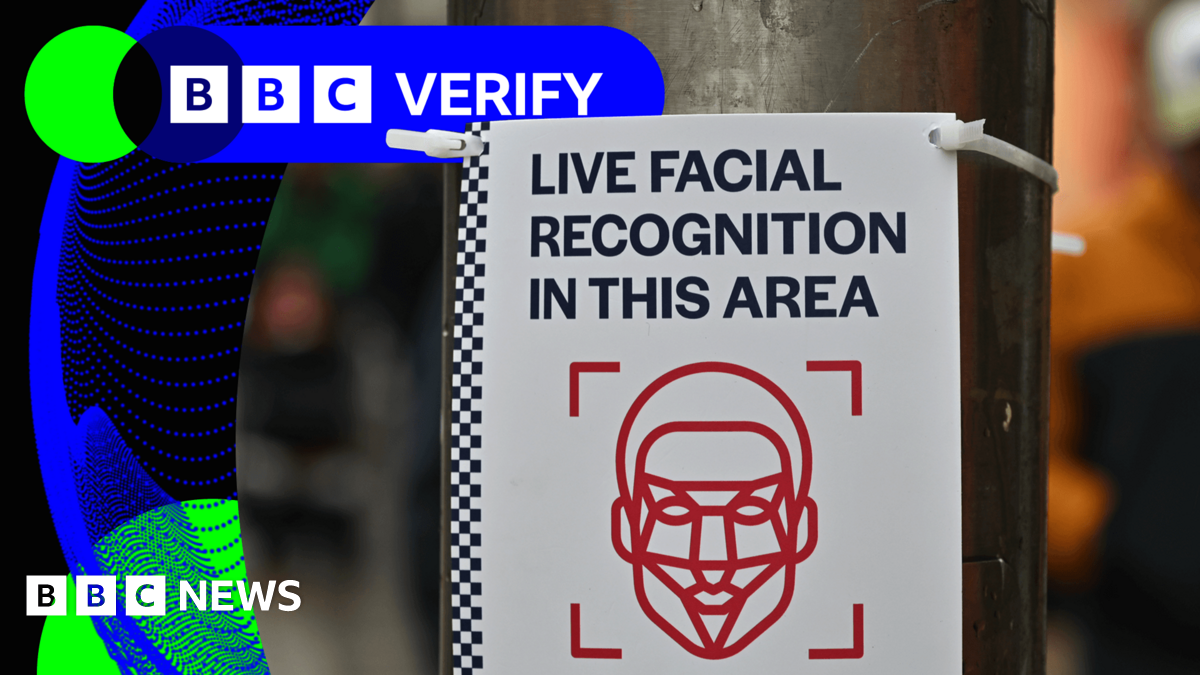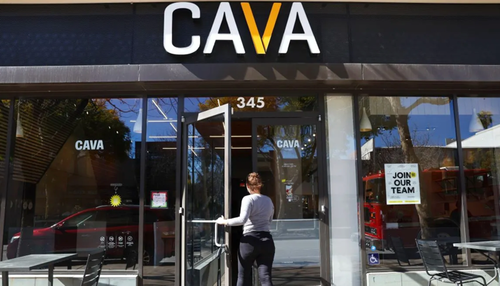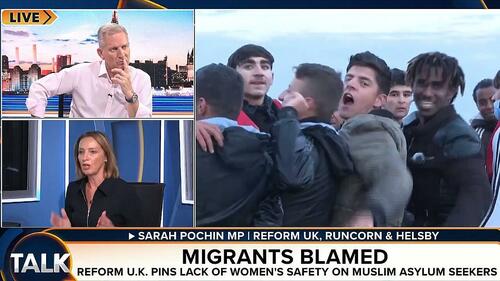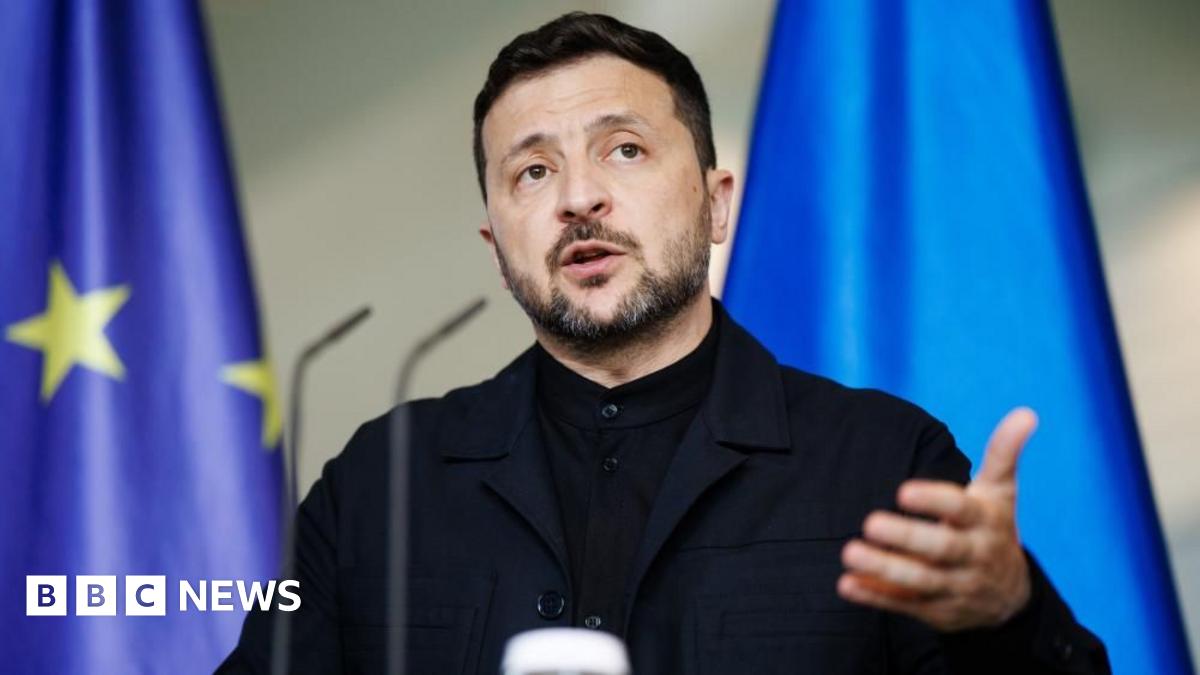COVID Boosters Linked to Flu-Like Symptoms and Sick Days, Study Shows

Source: Children’s Health Defense
Healthcare workers who received a COVID-19 booster were up to 70% more likely to develop flu-like symptoms and miss work than those who didn’t get the shot, according to a new Swiss study. The increase was most pronounced immediately after vaccination.
The authors said they considered the symptoms to be an indicator of COVID-19. However, they used the term “flu-like” because most healthcare workers no longer do routine COVID-19 testing.
The authors defined “influenza-like respiratory illness” as getting a fever and at least one respiratory symptom — such as a cough, sore throat, rhinitis or the loss of smell — and an “acute onset” in the previous week.
The study, published Aug. 9 in Communications Medicine, a Nature Portfolio journal, tracked 1,745 healthcare workers in Switzerland from November 2023 to May 2024 to see how their vaccination status affected their chances of contracting a respiratory illness and taking sick leave.
According to the report, the data suggest that vaccination with COVID-19 boosters “does not contribute to the protection of the healthcare workforce in a post-pandemic setting” and that “SARS-CoV-2 vaccination may even temporarily increase the likelihood of symptomatic infection and workday loss.”
10 states still require COVID shots for healthcare workers
As of 2025, 10 states still require all healthcare workers to get the COVID-19 vaccine, according to World Population Review. Those states are California, Colorado, Connecticut, Illinois, Maine, Massachusetts, Nevada, New Mexico, New York and Rhode Island.
The U.S. Food and Drug Administration in May announced it would limit approvals for updated COVID-19 vaccines to people with one or more health conditions that put them at high risk for the virus and people over 65.
However, the Centers for Disease Control and Prevention, as of Aug. 7, still recommends that all adults age 64 or under get at least one dose of the 2024-2025 season COVID-19 booster.
In February, President Donald Trump issued an executive order ending federal funding for schools that continued to mandate COVID-19 vaccines for students. At the time, 15 colleges and universities still mandated the vaccine.
However, due to loopholes in the order, some programs within higher education have continued to mandate the shots for students studying to be healthcare practitioners — from dental hygienists to doctors — in part because the executive order didn’t provide specific guidance on health sciences programs, whose rules sometimes differ from the universities’ general rules.
Many other programs that don’t mandate the shots for their students partner with hospitals, clinics and other medical institutions for clinical practicums, where students face COVID-19 vaccination requirements.
Further research needed, authors suggest
For the study, the authors collected weekly symptom information from the workers, along with information about possible risk factors that could influence the workers’ respiratory health.
Factors included the workers’ sex, age, body mass index and smoking status, the number of times they had tested positive for COVID-19, how much contact they had with patients, whether they lived with kids under 12, and whether they had a chronic condition — such as cancer, cardiovascular disease, lung disease or an immunosuppressive disorder — that could affect their respiratory health.
The authors also tracked how many sick days the workers took.
Using statistical analyses, the researchers singled out the effect of the workers’ COVID-19 vaccination on whether they became ill and took sick leave.
They compared the symptoms and missed workdays of those who received a COVID-19 booster with the symptoms and missed workdays of those who didn’t receive a booster. They found that COVID-19 booster vaccination was linked to a higher risk of respiratory symptoms and more missed workdays.


This article was funded by critical thinkers like you.
The Defender is 100% reader-supported. No corporate sponsors. No paywalls. Our writers and editors rely on you to fund stories like this that mainstream media won’t write.
The authors said their findings don’t prove that the COVID-19 booster shots caused the increase in illness. “Further research confirming our results and investigating the purported immunological mechanisms behind this phenomenon are needed,” they wrote.
They also found that getting a seasonal flu shot reduced the workers’ risk of getting flu-like symptoms and missing work. Those findings contradict a preprint study, published in April, by the Cleveland Clinic.
That study, of 53,402 Cleveland Clinic employees, found that people who received a flu vaccine formulated for the 2024-2025 flu season had a 27% higher risk of getting the flu than those who didn’t get the vaccine, suggesting “the vaccine has not been effective in preventing influenza this season.”
The Defender reached out to the Swiss study’s corresponding author but did not receive a response by the deadline.
Related articles in The Defender
- FDA to Limit Approvals of New COVID Vaccines to Elderly, High-Risk Groups — But Hundreds of Millions Still Eligible for the Shots
- Bill to End Funding for Colleges That Mandate COVID Vaccines Contains Loopholes That Leave Med Students at Risk
- Breaking: Trump to Strip Federal Funding From Schools That Mandate COVID Vaccines
- ACIP Members Push Back on CDC’s COVID Vaccine Safety Claims














